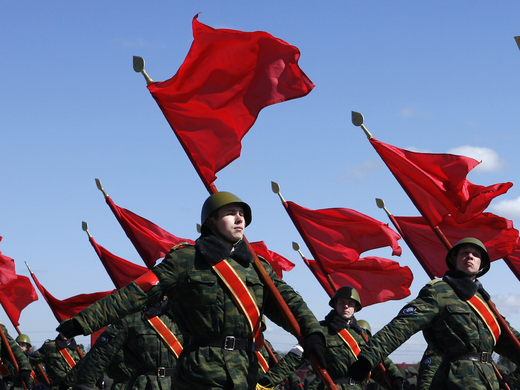Many doubt whether the Afghan state that was established in 2001 during the Bonn Agreement will survive the withdrawal of Western troops after 2014. This paper addresses the impact of the withdrawal of Western combat forces and influence from Afghanistan, examining the consequences from an economic viewpoint. It also analyzes the country in short-, mid- and long-term periods, through social, political, legal, economic, cultural and regional lenses. The paper concludes by tentatively sketching the dynamics of Afghanistan’s post-intervention future and by cautioning the change this withdrawal will have on a country caught in a balancing act between the traditional social modes and Western influence it has come to know for the last 10 years.


